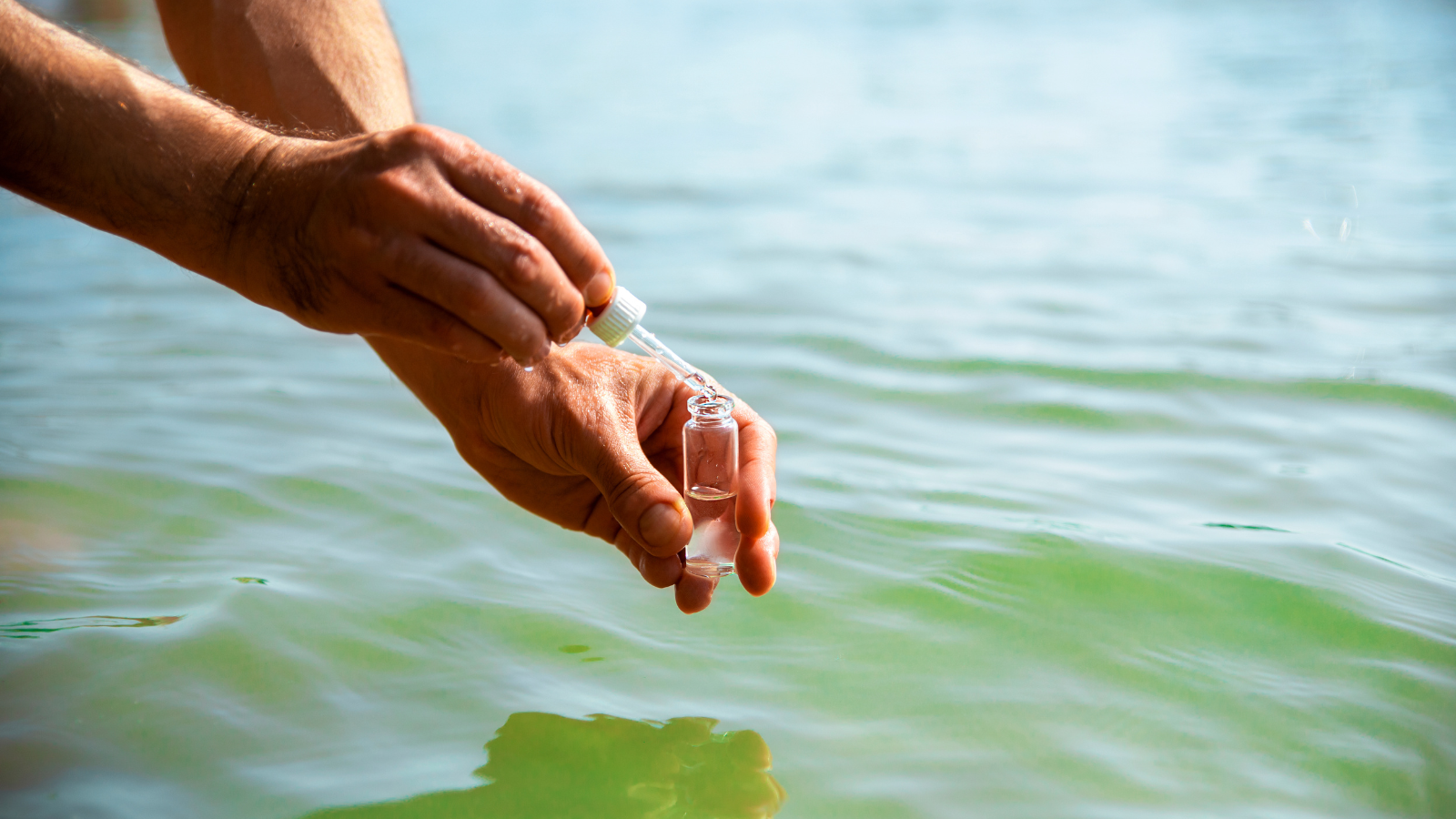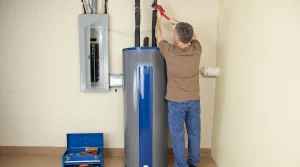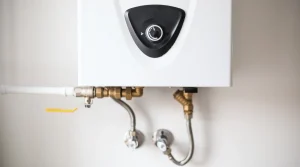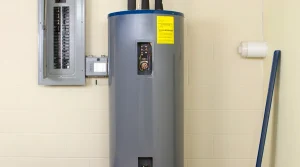With its rich history and bustling communities, New Jersey is also known for its diverse water quality. Understanding the state’s water issues and available filtration options can significantly impact your health and safety. This blog post delves into the state of water quality in New Jersey, explores the most effective water filtration methods, and offers practical insights into maintaining clean water in your home.
Need Plumbing Solutions? Whether it’s replacing fixtures, tackling plumbing issues, cleaning drains, or addressing heating needs, Plumbing Clifton has the expertise you need. Available around the clock at budget-friendly rates, we employ cutting-edge technology to identify and resolve your plumbing concerns efficiently.
How is the Water Quality in New Jersey?
New Jersey’s water quality varies significantly across the state due to source water and regional infrastructure differences. Generally, tap water in New Jersey meets federal and state standards for safety thanks to rigorous testing and treatment processes. However, concerns persist, particularly regarding contaminants and aging infrastructure. Areas like Newark have faced challenges with lead contamination, emphasizing the need for effective filtration solutions.
What is the Biggest Water Problem in New Jersey?
The biggest water problem in New Jersey is lead contamination. Many older homes and buildings own plumbing equipment or pipes made of lead that might contaminate the water supply. This issue was notably highlighted in Newark, where lead levels in the water exceeded recommended limits, prompting significant public concern and action.
Another significant issue is the presence of PFAS (per- and polyfluoroalkyl substances), also known as “forever chemicals,” which are resistant to degradation and can accumulate in water supplies. These chemicals have been detected in various locations across the state, posing potential health risks.
Water Purification and Filtration in New Jersey
Given the challenges with lead and PFAS, water purification and filtration are crucial in New Jersey. Several methods can effectively address these contaminants:
1. Activated Carbon Filters:These are highly effective for removing chlorine, volatile organic compounds (VOCs), and some PFAS. They are commonly used in pitcher filters and under-sink systems.
2. Reverse Osmosis (RO): RO systems are one of the most comprehensive filtration methods. They efficiently eliminate a variety of pollutants, like as lead, PFAS, and other harmful substances. They work by forcing water through a semi-permeable membrane that filters out impurities.
3. Distillation Systems: These Systems generate steam by heating water, which condenses into liquid and gets rid of pollutants. Distillation effectively removes many pollutants, including heavy metals and some chemicals.
4. Whole-House Filters: For comprehensive protection, whole-house filtration systems can be installed to treat all the water entering your home. These systems can include a combination of filtration methods to address multiple contaminants.
Which Water Filtration Technique Is the Most Effective?
The most effective water filtration method primarily depends on the specific contaminants present in your water. For comprehensive treatment of multiple issues, reverse osmosis systems are often considered the best option because of their capacity to eliminate a variety of pollutants. They are particularly effective against lead, PFAS, and other harmful substances. However, activated carbon filters may be sufficient and more affordable for those primarily concerned with chlorine and sediment.
Frequently Asked Questions
1. How do I know if my water contains lead?
A recognized laboratory is able to test your water. to check for lead contamination. Many water utilities also provide annual water quality reports that include information on lead levels.
2. Are water filters necessary if I use bottled water?
While bottled water may seem like a convenient alternative, it is often more expensive and less environmentally friendly. Additionally, bottled water does not always guarantee purity. A water filter can provide a consistent, cost-effective solution for ensuring clean, safe water.
3. How often should I replace my water filter?
The filter replacement frequency depends on the filter type and the water usage level. Generally, activated carbon filters shouldwhereas reverse osmosis membranes should be changed every six to twelve months may last 2 to 3 years. Always follow the manufacturer’s maintenance recommendations.
4. Can water filtration systems remove all contaminants?
No single filtration system can remove all contaminants. For comprehensive protection, a combination of filtration methods may be necessary. Choosing a system is essential based on the specific contaminants in your water supply.
Conclusion
Ensuring clean, safe water in New Jersey involves understanding local water quality issues and choosing the proper filtration methods. With concerns like lead contamination and PFAS, effective water filtration is more important than ever. By selecting the appropriate filtration system and staying informed about water quality, you can safeguard your health and enjoy peace of mind. Investing in the right water filtration system enhances your well-being and contributes to a safer, healthier environment for your family and community.




